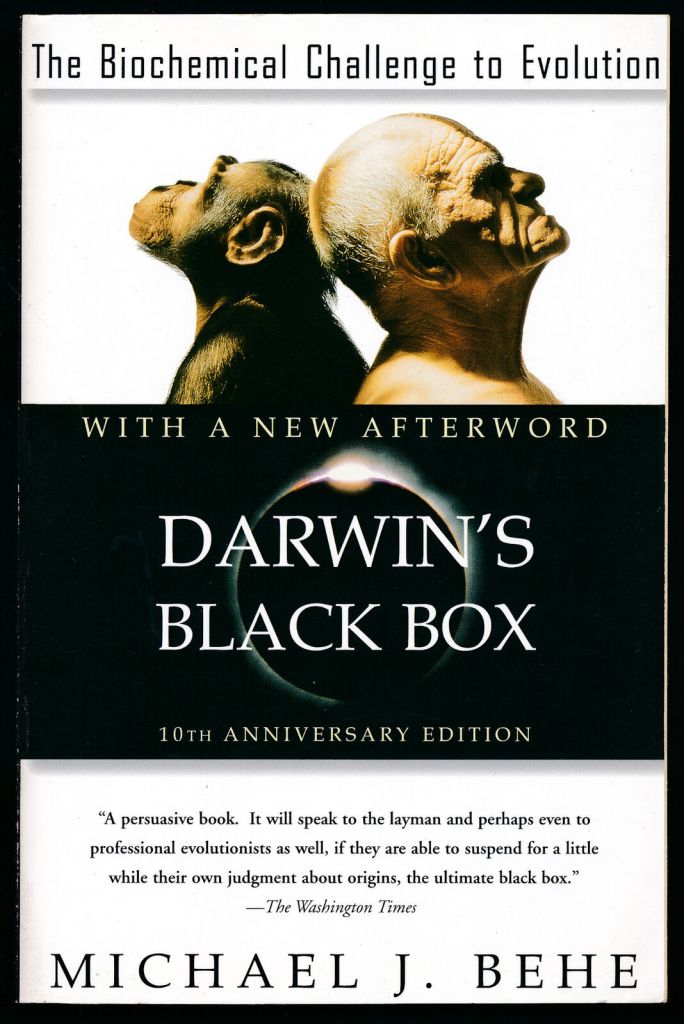Hello. As discussed, the focus of this blog is broadening out from C S Lewis in particular to Christian apologetics in general, plus any other cultural, psychological, political, sociological or related issues that I feel moved to comment on.
I am working on a presentation to be given in Eastleigh, Hampshire soon which will review and outline the Intelligent Design (ID) hypothesis. This is a big, neglected and controversial subject. It’s not really that difficult to understand, but ignorance and misunderstanding is widespread, since the opponents of ID have been active at both censorship and misrepresentation. From the point of view of an atheist, it makes sense (*) to denigrate the ID hypothesis, because if we can reason and demonstrate by scientific methods that design (**) is a much better explanation for the origin and development of living things, including humans, than Darwinian natural selection, then this undermines the whole atheist and secularist world view. This is not something that they are willing to concede.
One of the key protagonists of ID has been Professor Michael Behe. He came to fame (or notoriety) with his seminal book ‘Darwin’s Black Box’ in which the concept of irreducible complexity in nanomachinery of living cells was discussed using examples such as blood clotting, the immune system and the biochemistry of sight. He reasoned, I believe successfully, that these exceedingly precise, complex and interlocking biochemical processes, depending as they do on astonishing nanomachinery way beyond man’s ability to produce, were just much too darn complicated and purposeful to have evolved by numerous gradual successive random mutations-given however much time.

I only recently discovered that with The Discovery Institute Professor Behe has produced a series of videos looking into evidence for ID in detail. There is a link to these videos from the site. I find them very watchable and, like this books, they look at subject matter which by definition is complicated because biochemistry is very complicated (***), but with some nice animations and careful explanation, I think he makes his points very well both in this book (and a few others) and these videos.
I will return to the subject of ID over time. I advice interested persons to do their own reading, bearing in mind that there is a great deal of misinformation and even slander about Behe and ID out there. It’s important to understand that ID is not a religious dogma, although most of its proponents identify as Christians. ID is based on reason, observation, mathematics, biochemistry and genetics. If it has religious implications (and I freely admit that it does) then so does evolutionism. Scepticism and the demand for evidence must run both ways.
If we are doing proper science, we must follow where the evidence leads, not begin with untestable assumptions. As C S Lewis wrote (I paraphrase-see his essay ‘Religion and Science‘ you cannot use nature alone to answer the question ‘Is there anything beyond or above or behind nature?’ But we can, and I argue that we must, use the methods and principles of science to interrogate the materialistic propositions of evolutionism. It must not be allowed to hide behind a wall of reverence that prevents it from being questioned. ID is very unpopular with some people because it questions things that are foundational to their world view, things that they say cannot be questioned.
(*) It make sense, that is, if atheism is true. I take atheism as the belief that there is no Creator God or other non-material/super natural personal entities and that therefore everything that exists-matter, energy, time, the laws of physics, stars, planets, plants, animals and humans all came into being as a result of mindless processes.
(**) I will use the term Intelligent Design (ID) as a matter of convention, but the word ‘intelligent’ is really superfluous here since a design is a plan with a purpose, and by definition that requires an intelligent agent.
(***) A term Behe used (I think he originated it but am willing to be corrected) is ‘irreducible complexity) a subject to which I will return. Irreducible complexity describes a machine, whether natural or man-made, which is a purposeful assembly of parts, that when you get below certain number of critical parts, does not function AT ALL. This is an important concept in ID which will be unpacked later.